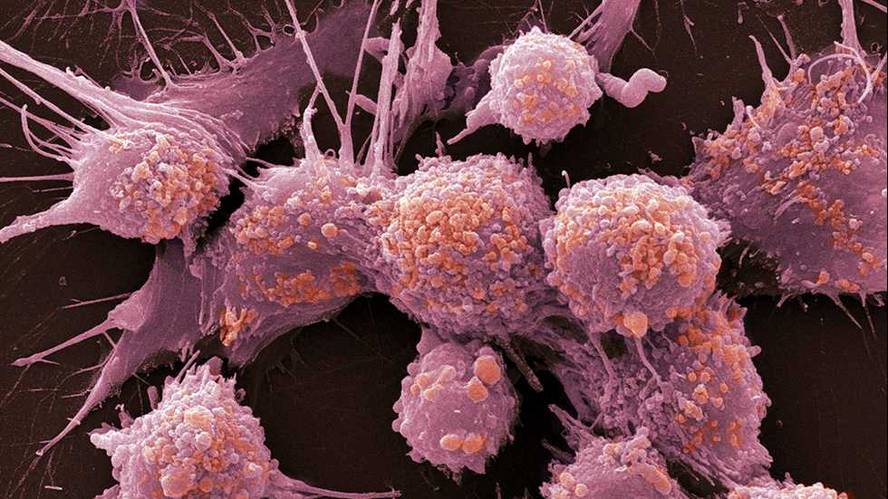A segregated fat cell protein can affect prostate cancer
A study conducted at the University of Toulouse (France) reveals that a protein that secretes fat cells is directly related to the development of prostate cancer. Studies that already pointed to a relationship between obesity and the aggressiveness of prostate cancer have clarified the underlying mechanism.
The work has been published in the journal Nature Communications. It is explained that the key is a protein segregated by fat adipocyte percentages around the prostate, the chemokine called CCL7. This chemokine is associated with the CCR3 receptor that express prostate cancer cells, which involves the migration and expansion of cancer cells.
Although research has been done on cells and mice, researchers have claimed that humans also secrete this protein and have a receptor. Moreover, by analyzing the samples of people with human prostate cancer, CCR3 receptor cancer is found to be worse than that of others.
But they have also shown something else: If the connection between the CCL7 Kit and the CCR3 receiver is difficult, diffusion stops. Thus, it is advanced that research can be useful to look for new treatments against prostate cancer.






